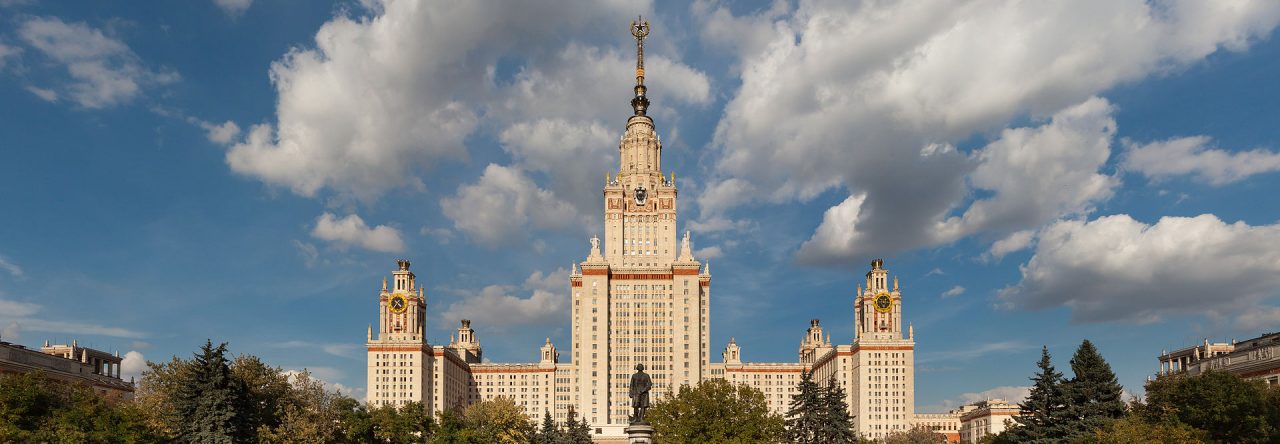Russian President Vladimir Putin has instructed the national government to move as quickly as possible to close inefficient domestic universities, particularly those which provide low-quality education to their students.
He issued the order during the joint meeting of the State Council Presidium and the Presidential Council on Science and Education on 6 February, which focused on the Strategy for Scientific and Technological Development, adjusting the system of vocational and higher education to “economic requirements, expectations of the state and society” and more interaction between academic institutions, government and employers.
At the meeting, Putin, while discussing specific measures that need to be carried out as soon as possible, said: “We need to keep closing dud universities, of which there are still many.”
This includes various private institutions and universities that do not have a licence from the Ministry of Education and Science.
Putin added that “our goal is much higher and more complicated than just getting rid of operations like that. It is important to consolidate the resource potential of education and research institutions and merge them legally where appropriate.”
He stressed that these were not purely mechanical mergers, but were about finding solutions that would increase prestige, the scholarly status and income of teachers and professors in the regions and significantly improve the quality of education and research at the universities.
“This calls for joint departments and laboratories and networking between research and education teams, as well as an advanced infrastructure, including co-working centres, scientific installations and databases,” he said.
Competitive regional network
He also said Russia needed to create a competitive network of regional universities to attract young people and strong professors and the government was making this a priority. He said he agreed with a proposal to give the regions the right to directly finance local universities’ development programmes and infrastructure if resources were available, to prevent progress being blocked by other, more powerful departments of government.
Pages: 12


Comments are closed.